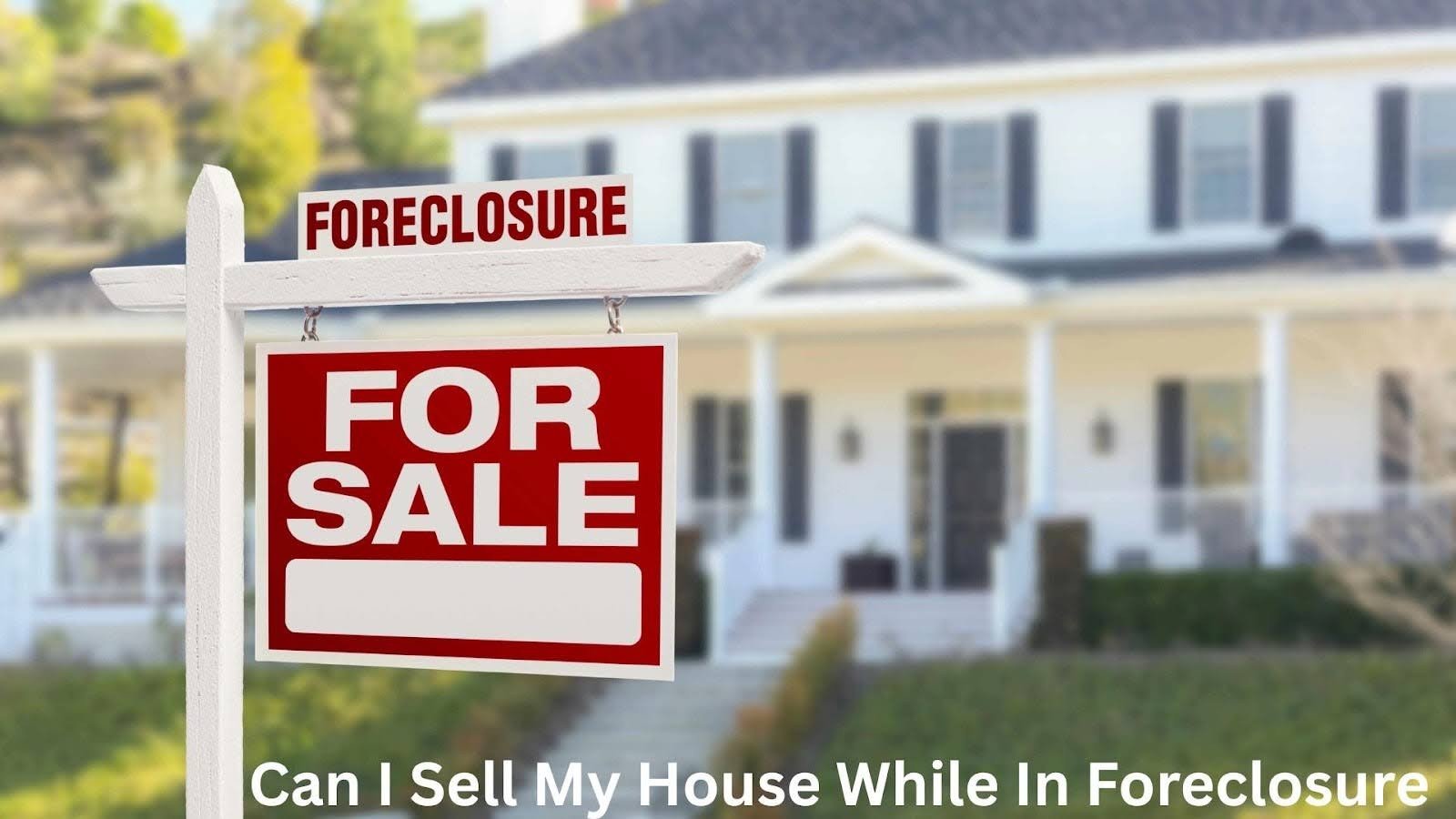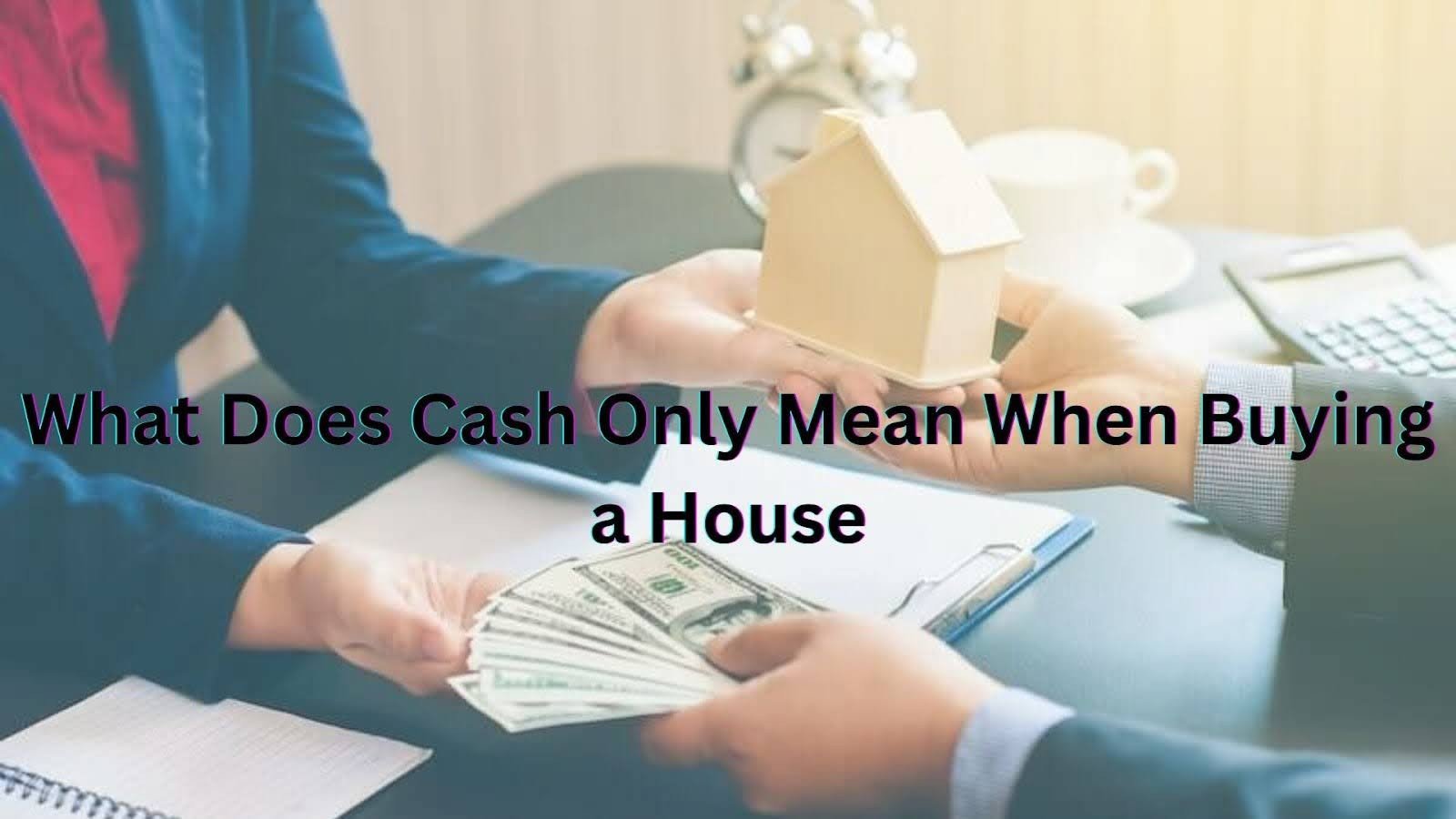If your lender is about to sell your house in foreclosure, it can feel like the sky has fallen and everything is confusion, fear, and uncertainty.
If your mortgage loan is in or near foreclosure, you may think that you have no options. The good news is that there may be ways to avoid foreclosure. You may also be able to sort your finances out. Find out about your options.
Now take a deep breath. You are home. There were a thousand people who got out, and you have to believe there are other ways even when there seems to be none. This article explains the options available to you and what to expect after foreclosure.
The Short Answer: Yes, With Conditions
You still have options, even if foreclosure notices have landed in your mailbox. Selling your home before the auction gives you a chance to take control and make decisions on your terms.
By choosing to sell during foreclosure, you’re taking a proactive step to safeguard your financial future. A foreclosure on your record can impact your credit for years, but selling now helps you avoid that long-term hit.
This is your opportunity to steer the situation instead of letting the bank call the shots. You can walk away with dignity, knowing you handled a tough situation wisely and on your own terms.
Critical Timeline Considerations
Foreclosure typically begins after you’ve missed payments for 120 days or more. Your lender must follow specific legal steps before it can take your home. This process gives you a window of time to act.
The time you have before the auction varies by state and situation. Some states move quickly through foreclosure in just a few months. Others take a year or longer, giving you more time to sell.
Every single day counts when you’re trying to sell during foreclosure. The closer you get to the auction date, the fewer options you have. Starting early gives you the best chance of getting a good price for your home.
Key Requirements for Selling During Foreclosure
The sale must close before the scheduled foreclosure sale date. Missing this deadline means the bank takes the property anyway. Work with your real estate agent to set realistic timelines.
The Best Time to Sell: Pre-Foreclosure Period
Acting before official foreclosure starts gives you the most advantages.
What Is Pre-Foreclosure?
Pre-foreclosure is the period before the bank files official foreclosure paperwork. This usually covers the first 120 days after you stop making payments. During this time, you have the most flexibility.
This window offers the best chance to get top dollar for your home. You’re not under extreme time pressure yet. Buyers don’t know about your financial troubles, so you can market the property normally.
Your credit takes less damage if you sell during pre-foreclosure. A completed foreclosure stays on your credit report for seven years. Selling before that happens protects your financial future.
Advantages of Selling in Pre-Foreclosure
You have time to prepare your home properly. This means cleaning, making small repairs, and staging rooms to look their best. A well-presented home sells faster and for more money.
Working with real estate agents becomes easier when you’re not rushed. They can create strong marketing campaigns and hold open houses. This competition among buyers drives up your final sale price.
You avoid the foreclosure mark on your credit report completely. This single benefit can save you thousands of dollars on future loans. Your credit score stays higher, making it easier to rent or buy again later.
Selling After Receiving a Foreclosure Notice
Getting a foreclosure notice doesn’t end your ability to sell.
Your Rights After Foreclosure Starts
You keep the legal right to sell until the actual auction happens. The foreclosure notice is a warning, not the final step. Many homeowners successfully sell even after receiving these notices.
Some states let you sell during a redemption period after the auction. This option varies widely by location and situation. Check your state’s specific laws to understand your rights fully.
Speed becomes critical once foreclosure proceedings begin. You’ll need buyers who can close quickly, often with cash. Traditional sales with mortgage-dependent buyers might not work in this tight timeframe.
Traditional Sale vs. Short Sale
| Factor | Traditional Sale | Short Sale |
| When to Use | When you have equity or can cover the full loan balance | When you owe more than your home is worth |
| Lender Approval | Not needed – you control the sale | Required before you can accept any offer |
| Timeline | Faster – standard 30-45 day closing | Slower – can take 3-6 months for approval |
| Profit to You | You keep the money after paying off the loan | Usually, no profit – all money goes to the owner |
| Credit Impact | Minimal if done before foreclosure | Less damage than foreclosure, but still negative |
| Remaining Debt | You’re responsible for any shortfall | The lender may forgive the difference (deficiency) |
Step-by-Step Guide to Selling Your Home in Foreclosure
Follow these steps to sell your home successfully, even under pressure.
Determine Your Home’s Current Value

Online valuation tools give you a quick estimate to start with. Websites like Zillow or Realtor.com provide free estimates based on recent sales. These numbers aren’t perfect, but they help you understand the ballpark range.
Professional appraisals give you the most accurate value. An appraiser inspects your home and compares it to similar properties nearby. This official number helps when negotiating with lenders and buyers.
Your local market conditions affect what buyers will actually pay. If homes in your area sell quickly, you might get the asking price or higher. In slower markets, you may need to price lower to attract buyers fast.
Calculate Your Total Debt

Start by finding your outstanding mortgage balance. Call your lender and ask for this number. Don’t guess or use old statements – get the current, exact amount.
Add up all missed payments and late fees that have piled up. These charges increase what you owe significantly. Your lender can provide a complete breakdown of these costs.
Attorney fees and foreclosure costs get added to your debt, too. The bank passes these legal expenses on to you. Request an official payoff quote that includes everything you owe.
Calculate Net Proceeds

Real estate agent commissions usually run 5-6% of the sale price. This comes out of your proceeds at closing. While this seems like a lot, good agents often help you sell for more than you’d get alone.
Closing costs and seller concessions reduce your final payout. These include title insurance, transfer taxes, and repairs buyers request. Budget 2-3% of the sale price for these expenses.
Home preparation and staging cost money upfront but pay off later. Fresh paint, deep cleaning, and minor repairs make homes sell faster. Even $1,000 spent on improvements can return $3,000 or more in sale price.
Find an Experienced Real Estate Agent

Look for agents with specific experience in foreclosure situations. They understand the urgency and know how to work with lenders. Ask potential agents how many foreclosure sales they’ve completed.
Skilled agents can speed up your timeline significantly. They have networks of buyers looking for quick purchases. Their connections with title companies and attorneys keep things moving fast.
Marketing strategies for quick sales differ from standard listings. Your agent should use professional photos, price aggressively, and promote widely online. The goal is multiple offers within days, not weeks.
Maintain Communication With Your Lender

Staying in contact shows you’re serious about resolving the debt. Lenders appreciate borrowers who communicate openly and honestly. This goodwill can help if you need deadline extensions.
Provide regular updates on your sales progress. Share showing activity, offers received, and expected closing dates. This information helps your lender plan and gives them confidence in your efforts.
Request extensions if you need them, but do so early. If a solid offer is in hand but needs more time, most lenders will wait. Last-minute requests are harder to get approved.
Tips on State-Specific Considerations
Where you live changes how foreclosure works and affects your selling timeline.
- Judicial vs. Non-Judicial States: Judicial states require court approval, giving you 6-12 months or more. Non-judicial states can complete foreclosure in as little as 90 days, so you must act faster.
- Redemption Period Rights: Some states let you buy back your home after the auction. This period ranges from 10 days to a year, giving you extra time to sell in certain locations.
- Notice Requirements: States have different rules about how much warning you get before an auction. Some require 30 days’ notice, others give 90 days or more for you to respond.
- Deficiency Judgment Laws: After foreclosure, some states let lenders sue you for the remaining debt. Others prohibit this, affecting whether a short sale makes sense for you.
- Timeline Variations by Region: Western states often use non-judicial foreclosure (faster), while Eastern and Midwestern states typically use the judicial process (slower).
Conclusion
Yes. You can sell your house in place of foreclosing on it. If you sell the house before the auction, you will retain power over a nasty situation and avoid the stigma of foreclosure. Selling the house will also protect your credit rating and make you financially stronger.
Your greatest asset is time, so the more time you have to sell the house, the better position you’ll be in. The first step is to sit down with a well-versed real estate agent with experience working with foreclosure sales and analyze your situation.
Many people like you have lived through these problems and more and have successfully worked through all of the problems with selling during a foreclosure. It all begins with a little help and the ability to make those decisions that will change your life.
Frequently Asked Questions
How quickly can I sell my house while in foreclosure?
You can sell your home in 30-60 days with the right pricing and marketing. Cash buyers move fastest, closing in as little as two weeks. The key is pricing competitively and working with an agent experienced in quick sales for maximum speed.
Will selling my home in foreclosure hurt my credit score?
Selling before foreclosure completes protects your credit significantly. A foreclosure drops your score 200-400 points and stays for seven years. Selling shows responsibility and results in much less damage.
Can I sell my house while in foreclosure if I owe more than it’s worth?
Yes, through a short sale, where the lender accepts less than you owe. You need lender approval before accepting any offer. This process takes longer than regular sales.
What happens to the foreclosure process while my home is listed for sale?
The foreclosure process continues unless your lender agrees to postpone the auction. Keep your lender updated on sale progress and provide proof of serious buyer interest.
Do I need a special type of real estate agent to sell during foreclosure?
You need an agent experienced with distressed property sales and short sales. They understand tight timelines, lender requirements, and how to price aggressively for quick sales.







